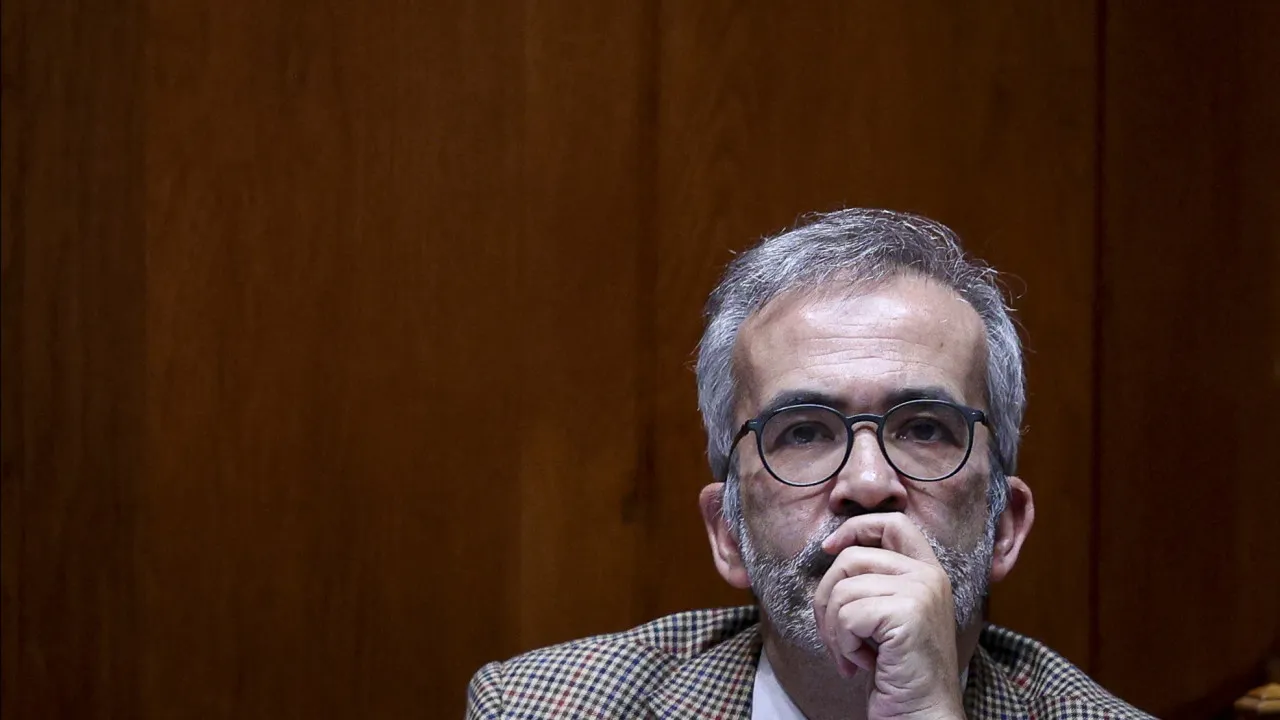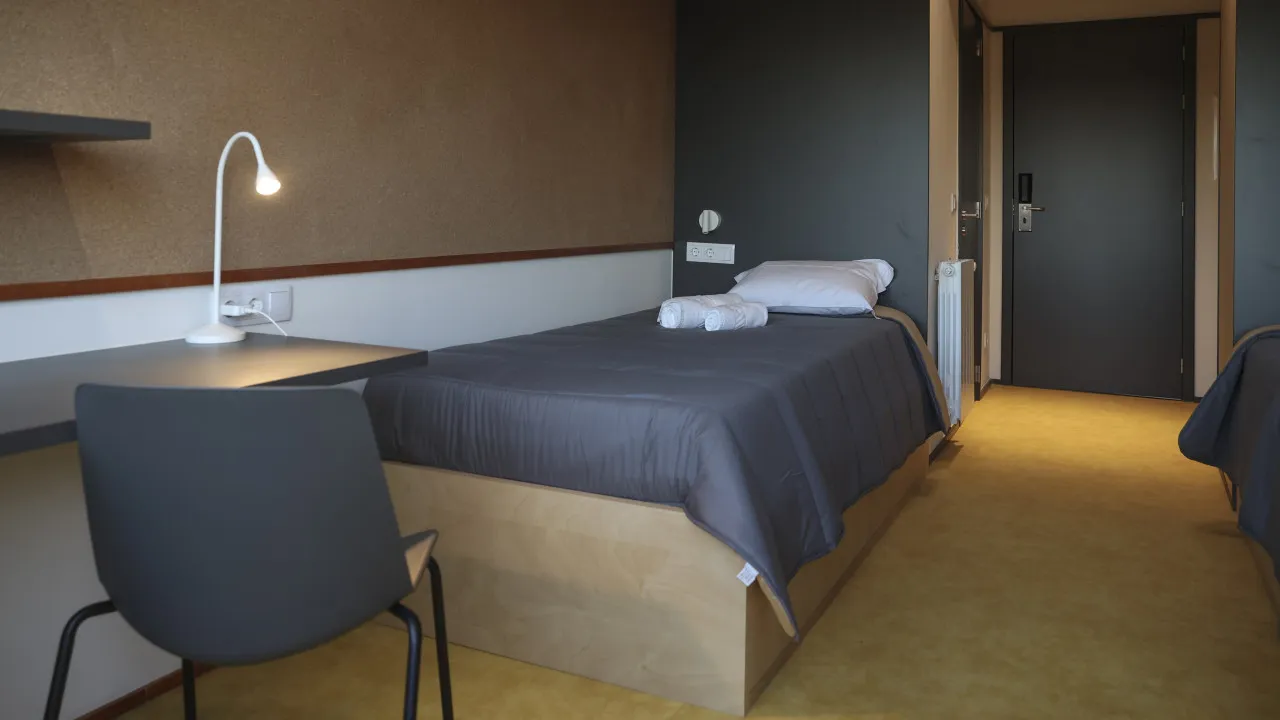
Paulo Rangel, during the closing speech of the debate on the Program of the XXV Constitutional Government, used a metaphor of the recent power outage that affected the Iberian Peninsula to analyze the political situation.
“In the vote of confidence motion to the previous Government, two party sources, the PS and Chega — coincidentally, two apparently renewable sources — joined forces, and by their excess weight and overload, brought the Government down and forced new elections, causing the said political blackout,” he accused.
According to Paulo Rangel, these two parties “extinguished the XXIV Government, interrupting its reformist momentum against the manifest will of the electorate and the main social and economic actors.”
The elections of May 18, he argued, were equivalent to the ‘reset’ of the electrical system, from which the second PSD/CDS-PP executive led by Luís Montenegro emerged “stronger and more determined.”
“Make no mistake, with a larger majority, with a clear majority, with the unequivocal trust of the Portuguese, with a mandate from the voters to the entire party system to ensure stability, this Government and its Prime Minister present themselves here with a new impetus, with a new breath, with a new vigor, with an indomitable and unyielding will to transform Portugal,” he stated.
Continuing the allegory, the minister argued that, just like in the electrical blackout, there were and are lessons to be learned both for the AD and Government and for the opposition.
“Today we are — something that now graphically appears in this chamber — we are the alliance of the middle, the parties of the middle, the party of the middle (…) The AD is the political movement of the middle and this is an undeniable political fact,” he considered.
Regarding the oppositions, the minister noted that during the Government program debate, he observed a willingness from all parties to cooperate with the Government.
“It is not enough to demand that the Government comply and execute what it promised; that it achieve and implement the program voted by the Portuguese and voted in Parliament (…) It is also necessary that the oppositions uphold their word and commit to proving, in Parliament and outside it, that they genuinely want to foster and protect stability,” he argued.
For Rangel, “no one will understand if the openness disposition of the two largest opposition parties results or comes to result in an irresponsible behavior of empty votes or empty gestures.”
[Updated at 12:35 PM]




